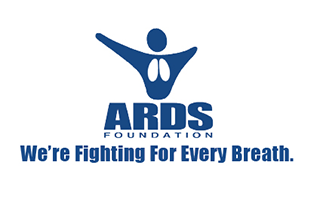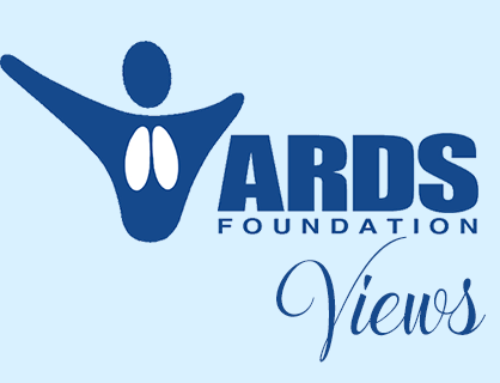Eileen Zacharias
February 28, 2003
On January 31st, I awoke early and the film Regarding Henry was just beginning on HBO. Years ago, I had seen this 1991 Harrison Ford-Annette Benning film. Years ago, before ARDS. For those of you who have never seen the movie, it is about a high powered, arrogant lawyer who is nasty to his only daughter, who hardly knows him, rude to the support staff at work, cannot be bothered with the pleasantries of ‘hello’ or ‘good bye’ to the door man at his ritzy New York building. He works hard and he parties harder.
After winning a lucrative litigation case, he drops home briefly to berate his daughter, by punishing her to her room for the night and later, when his wife suggests he apologize, he never quite knows how to find those words: “I’m sorry.” He dances around them, and his daughter knows, simply, that he is not…. And off he goes to his event, without another thought. But later that evening, Henry realizes he is without any cigarettes; so he ventures out, late at night, for a pack and interrupts a robbery in progress. Even then, when the crook demands his money, he is inpatient. “Give me your wallet,” the robber orders. Henry has gotten in the way of the bad guy’s plans for the evening. But Henry, he is still annoyed.
And so, Henry gets shot.
Twice.
And in a split second,
Henry’s life is forever changed. In a split second. In a split second, Henry’s life is forever changed just like the life of one who has been touched by ARDS. Regardless of the precipitating cause, those who are affected by ARDS, for the most part, one minute are breathing on their own, and then, in a flash, on life support. In a split second.
Lives that are changed forever. Patient’s lives, their families, their friends. In a split second….
As the story moves on, much like the story of an ARDS patient, with ups and downs. People are immediately at the hospital, offering their support. But as days turn into weeks, the people stop showing up as they return to their own lives. Those who say they are friends, fail to think about the financial strain of a family with someone who is in the hospital for weeks, months or longer in the hospital. They assume that everything is OK or that the person will not be too proud to say something if it was not. They assume that someone like Henry will have money put aside for such unforeseen difficulties. But how many people do?
And as the story progresses, when Henry awakes from his coma, he awakes as we ARDS patients do… not walking and talking as some of those Hollywood stories might have the public believe, but with many problems, many issues of concern. Henry must painstakingly learn to walk, talk, and even read again. Just like many ARDS survivors must do when they have lost not only their physical ability but also some of their cognitive abilities.
And something else… Henry is a different person… his entire personality has changed. As he begins to get healthier, as he builds trust with his caregivers, Henry is fearful of going home. How many ARDS patients felt safer at certain points at the hospital, than going home?
And where Henry once was arrogant and cruel, he eventually becomes generous, kind, and loving. And there is an entire scene in the film where all of Henry’s old friends and coworkers are talking about him at a party, and the whispers begin, “Henry is an imbecile,” they say, “how sad for her {Henry’s wife}, she has two children now….” “he will never be the same.”
When I was watching this movie, what struck me is how it seemed to mirror what I often tell people who get “stuck” after surviving ARDS, because they feel that their life will never be the same. But what they fail to see and I always try to reiterate is that when someone goes through something like ARDS, that life after ARDS may be different, but that different is not always bad, and eventually it will get better. And maybe even be good. ARDS recovery is not easy, it is at times frustrating but then again life is not always easy and many people find that their ARDS experience is often an awakening.
And there are quite a few people who I have spoken to who have told me that the people that they have become, since their ARDS experience, are in the end, better people, more well rounded, better to their families and friends, more complete. Even if they are not as strong, not as smart, not as rich…. They may be kinder, thinner, more generous with their time and compassion. They may try to take better care of themselves and of the ones that they love. And even if they lost some knowledge along the way, they are much more knowledgeable about their health and health in general.
Some people will find that they did not necessarily like the person that they were, before a life-changing event as major as ARDS. They may find that, in time, they like the person that they will become, better. And because every day, post ARDS, may have become a struggle, it just might take some people longer to realize that they really like the person they have evolved into. Thus, their epiphany certainly will not happen immediately, but will take time and patience; something many of us will have had to learn.
Likewise, in the end of the movie, Henry does become a better person…He does the moral and ethical thing. And he ends up poorer, is not quite so sharp, but he finds his family and he finds himself. Remember, it is a Hollywood story. Or is it?




